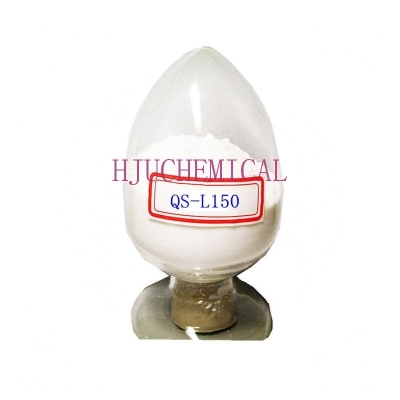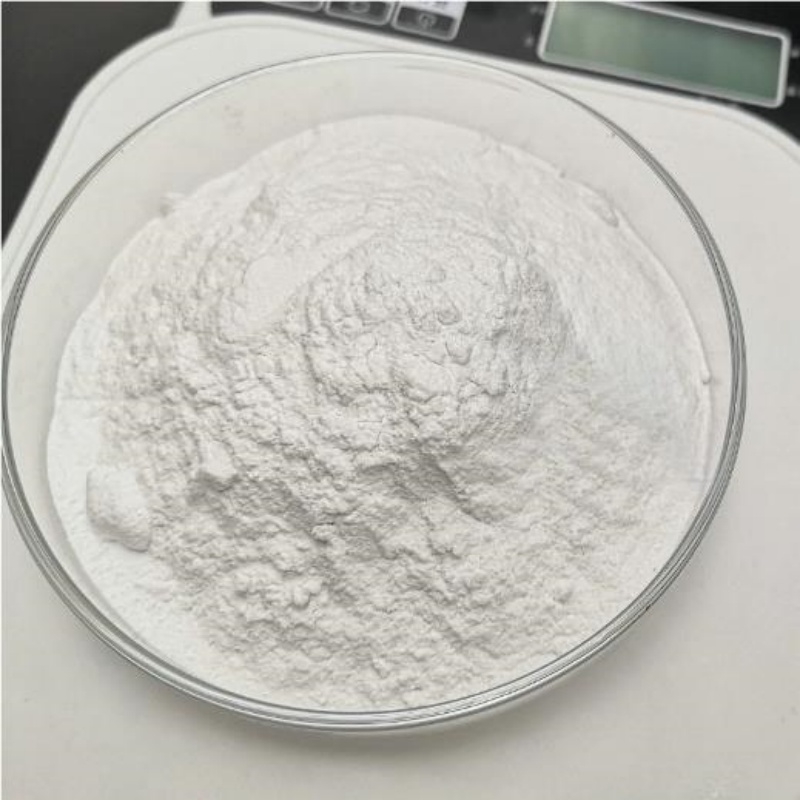-
Categories
-
Pharmaceutical Intermediates
-
Active Pharmaceutical Ingredients
-
Food Additives
- Industrial Coatings
- Agrochemicals
- Dyes and Pigments
- Surfactant
- Flavors and Fragrances
- Chemical Reagents
- Catalyst and Auxiliary
- Natural Products
- Inorganic Chemistry
-
Organic Chemistry
-
Biochemical Engineering
- Analytical Chemistry
-
Cosmetic Ingredient
- Water Treatment Chemical
-
Pharmaceutical Intermediates
Promotion
ECHEMI Mall
Wholesale
Weekly Price
Exhibition
News
-
Trade Service
Recently, nine departments including the National Development and Reform Commission, the Ministry of Ecology and Environment, and the Ministry of Industry and Information Technology jointly issued the "Notice on Solidly Promoting Plastic Pollution Control" (hereinafter referred to as the "Notice"), requiring that all stages of plastic pollution control be completed as scheduled.
sexual goals
.
It is clear that it will be completed in three stages
.
It is clear that it will be completed in three stages
.
By 2025, the management system for the production, circulation, consumption, recycling and disposal of plastic products will be basically established, a multi-level co-governance system will be basically formed, the level of development and application of alternative products will be further improved, and the amount of plastic waste in landfills in key cities will be greatly reduced
.
In particular, it will be deployed to complete the phased goals and tasks of plastic pollution control work by the end of 2020
.
Prohibited and sold plastic products include: production and sale of ultra-thin plastic shopping bags with a thickness of less than 0.
025 mm, polyethylene agricultural mulch film with a thickness of less than 0.
01 mm; disposable foam plastic tableware, disposable plastic cotton swabs, Daily chemical products containing plastic microbeads
.
The "Notice" pointed out that it will ban and limit ultra-thin plastic shopping bags, ultra-thin agricultural mulch, disposable foam plastic tableware, disposable plastic cotton swabs, etc.
, regulate the use of plastic shopping bags in bazaars, and increase the classification, recycling and disposal of plastic waste.
and other key tasks, and put forward measures to implement them one by one
.
For some public places or areas with a large amount of plastic products, the "Notice" clarifies the main responsible subjects in each field, and requires strengthening the supervision and management of plastic prohibition and restriction in these fields
.
Local commerce and other departments - strengthen the supervision and management of the use of non-degradable plastic bags in commodity retail places, takeaway services, various exhibition activities, etc.
;
Local commerce and market supervision departments - promote the establishment of a centralized purchasing and sales system for shopping bags in the bazaar, and further regulate the sales and use of plastic shopping bags in the bazaar;
Local cultural and tourism departments - strengthen the supervision and management of banning and restricting plastics in catering services in scenic spots and scenic spots
.
In order to ensure the effect of implementation, the "Notice" points out that it is necessary to strengthen daily supervision and special inspections
.
Housing and urban-rural development departments in various places—complete the rectification tasks of the large-scale domestic waste informal dumping sites that have been identified on time; combine the implementation of domestic waste classification, increase the collection and treatment of plastic waste, and promote energy utilization, Reduce the amount of plastic waste going to landfill;
Local agricultural and rural departments - carry out the cleaning and remediation of farmland residual plastic film;
Coastal Ecology and Environment Department - Take the lead in organizing actions such as cleaning beaches
.
In addition, the "Notice" emphasizes the need to implement territorial management responsibilities
.
All localities are required to issue provincial implementation plans before mid-August, to refine and decompose tasks, and to consolidate responsibilities at different levels; and to start law enforcement inspections in key areas such as shopping malls, supermarkets, bazaars, and catering industries by the end of August
.
Prior to this, China has also introduced relevant laws and regulations on plastic pollution
.
On January 19, 2020, the National Development and Reform Commission and the Ministry of Ecology and Environment issued the "Opinions on Further Strengthening the Treatment of Plastic Pollution".
It is clear that the first pilot will comprehensively "ban plastics" from December, and Zhejiang, Tianjin and other places have also entered the stage of soliciting opinions.
.
.
On April 10, the National Development and Reform Commission issued the "Catalogue of Plastic Products Prohibited, Restricted from Production, Sales and Use (Draft for Comment)"; the upcoming new solid waste law also added relevant regulations for plastic products
.
Under this constraint, the progress of China's plastic pollution control work continues to accelerate
.







